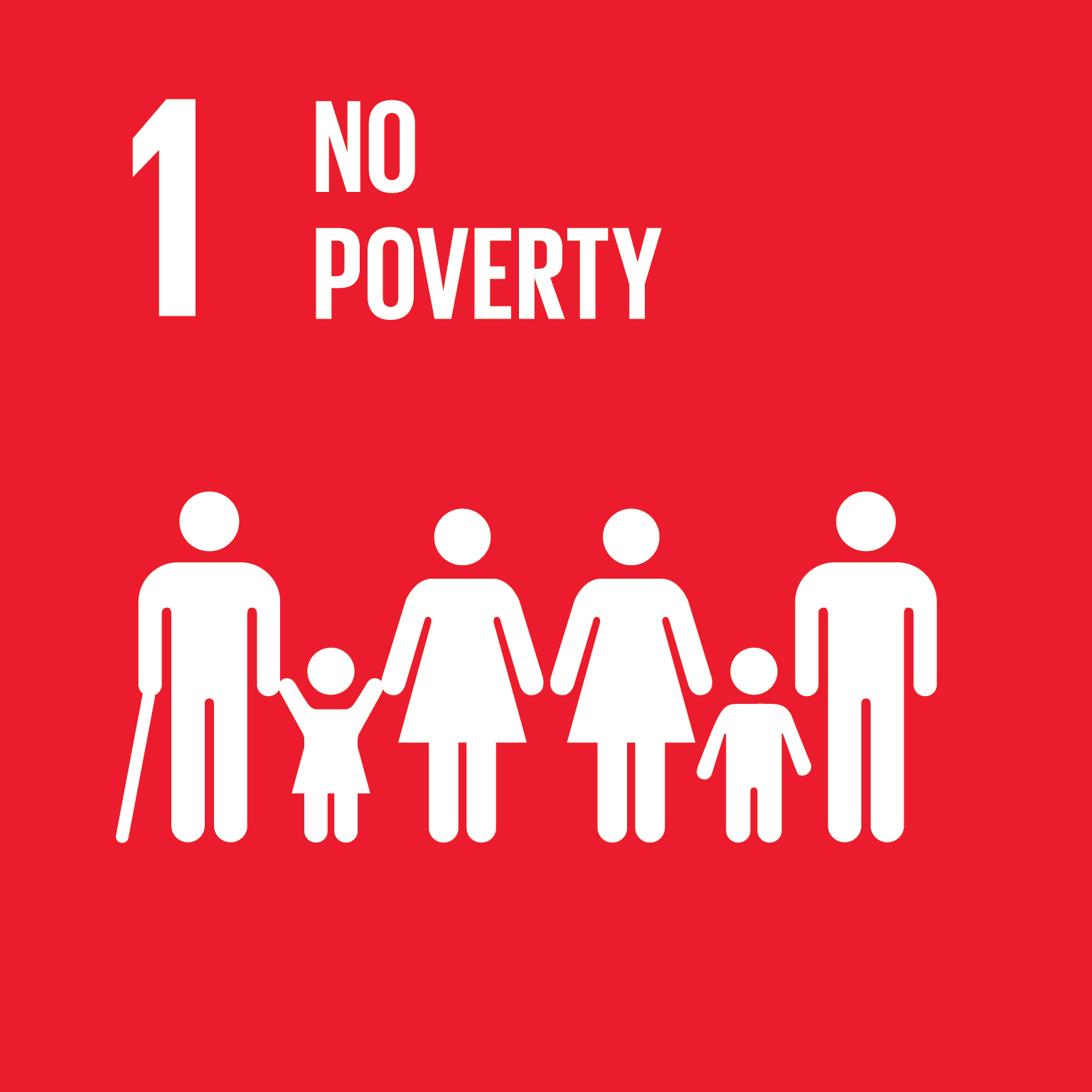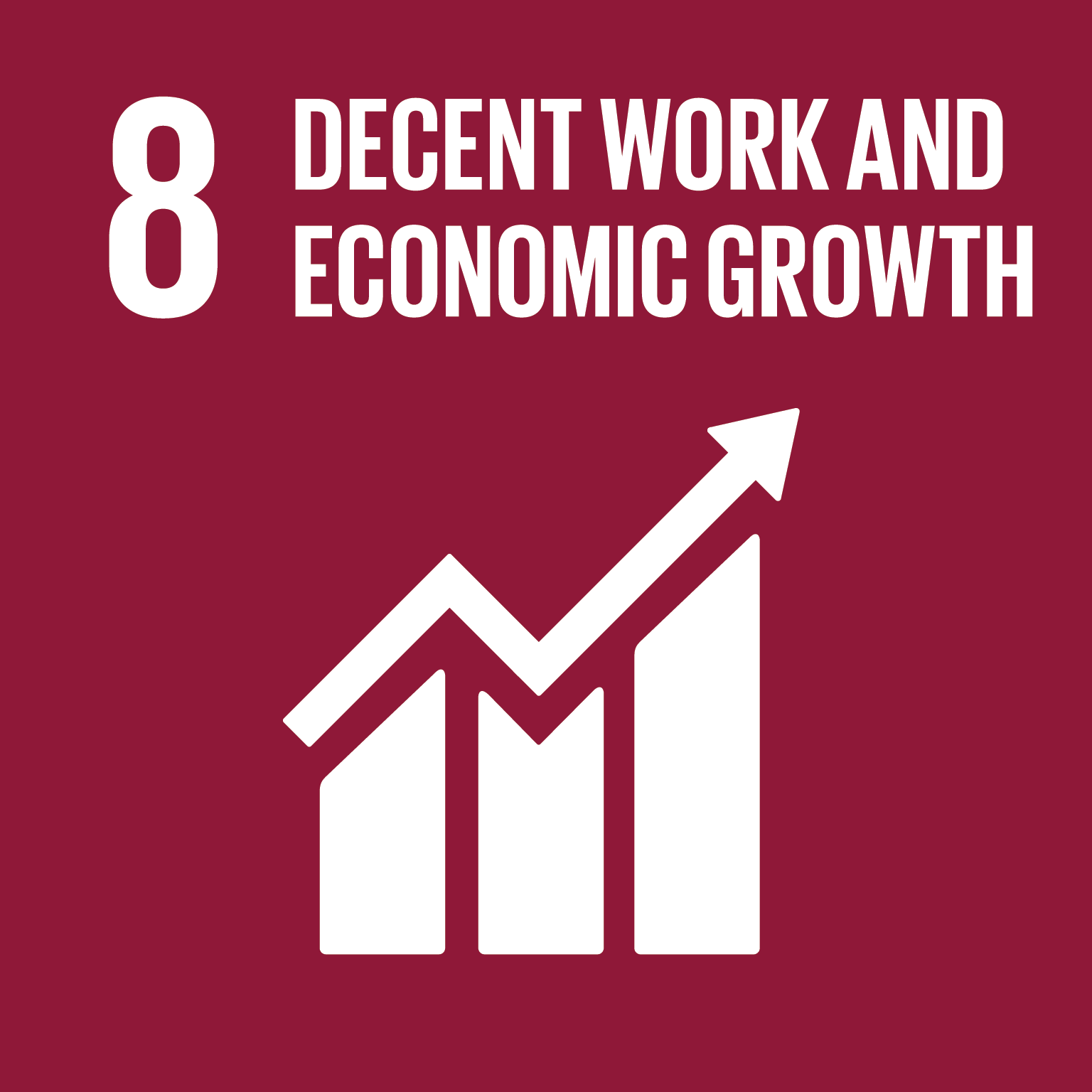FAO’s Integrated Country Approach (ICA) for boosting decent jobs for youth in the agri-food system
Challenges
The world’s youth population is at an all-time high, at 1.2 billion. Yet, globally, nearly two-thirds of youth are poor, reaching over 90 percent in South Asia and sub-Saharan Africa. Due to limited structural transformations in rural territories, poverty and skills gaps, job opportunities for rural youth remain very limited in their areas of origin.
Rural youth are typically employed on a casual or seasonal basis, with limited access to social protection. As entrepreneurs, they face additional challenges to access credit, land, markets, and information.
Addressing this problem demand a programmatic response that address three dimensions in synergy
- Generating more opportunities in the agri-food system that are accessible to the rural youth
- Enhancing the capacities of vulnerable rural youth to access them
- Improving connectivity aspects and the enabling environment for decent work promotion
Towards a Solution
ICA works to promote decent, remunerative and attractive employment and entrepreneurship opportunities for youth in the agri-food system. At global and regional level, ICA contributes to make the agricultural and rural development discourse more youth inclusive and employment-centred. At country level, ICA supports governments in developing strategies, policies and programmes aimed at improving, in the medium- to long-term, the quantity and the quality of on-farm and off-farm job opportunities for youth in agri-food systems.
In terms of methodology, ICA introduced a programmatic innovation in FAO policy support on decent rural employment promotion, by conceptualizing, testing and systematizing an integrated approach to the issue. The integrated nature of the approach refers not only to its multilevel scope (global, regional and national), but also to the different FAO core functions (namely knowledge generation, policy assistance, technical support) and work areas mobilized (employment and decent work, sustainable agriculture and agribusiness, gender, inclusive value chain development and financial inclusion). Main methodological elements and success factors are the following:
- Strong youth engagement - ICA works with and for young women and men in rural areas, empowering them to actively participate in policy dialogue and governance mechanisms, and as agents of social and economic development within their territories. Rural youth organizations play a central role in the Programme implementation, as implementing partners.
- Evidence-based approach – ICA invests in generating knowledge on youth role and challenges in the agri-food systems to inform policy dialogue and development. This include: context analysis and capacity needs assessments, legal studies on the application of labour standards in rural areas, national studies on youth access to agricultural finance, youth-centred value chain assessments, communication diagnostics of youth’s needs, practices and resources available (with focus on ICTs).
- Moving from policy to programming: While the programme has a focus on policy support and strategy development, it also accompanies countries during their implementation, including by piloting models for youth economic empowerment in partnership with decentralized institutions (like training or incubation programmes, employment information services, or financial access mechanisms).
Among the outcomes achieved are the development of national strategies, like the Uganda National Strategy for Youth Employment in Agriculture or the Guatemala Youth in Agriculture Strategy. In parallel, the programme has contributed to give visibility to the needs and potential of youth engagement in agri-food systems, mainly through national dialogues, the empowerment of youth networks, and initiatives like the Youth Agri-Champions in Uganda. Also, the programme has enhanced the capacities of national institutions to integrate youth employment considerations in the strategic planning of the agricultural sector, but also to implement better adapted models at the territorial level. Examples of successful models being replicated and / or institutionalized are the Rural Employment Window (VUMErural) and the Rural Youth Development Agents (ADER) models in Guatemala, the rural MIJA platforms hubs in Senegal, and the Youth Champions programme in Uganda (currently being institutionalized as a national agripreneurship and mentorship programme).
The sustainability of the approach is guaranteed by its strong focus on capacity development and institutional strengthening, including of youth organizations. A full capacity development package is implemented in each country, including e-learning courses, trainings and workshops, South-South cooperation exchanges, study tours, and peer-to-peer to support.
The replicability of the approach is guaranteed by a set of tools for context analysis, capacity assessment and prioritization (used during the inception phase), which enable a full adaptation to country needs. The ICA support package (post-inception) is also modular, thus enabling the programme to accompany country priorities (ex. a specific ongoing policy process) while mainstreaming youth and employment needs. During programme implementation, priorities are regularly re-assessed through youth inclusive multistakeholder Technical Working Groups.
Contact Information
1) From SSN4PSI - Asad-Uz-Zaman, Secretariat, Focal person of SSN4PSI 2) from FAO - Name: Ileana Grandelis Title: Rural Employment Officer
Countries involved
Guatemala, Kenya, Malawi, Rwanda, Senegal, Uganda
Nominated By
South-South Network for Public Service Innovation
Supported By
Swedish International Development Cooperation Agency (SIDA)
Implementing Entities
FAO (direct implementation) jointly with Governments (mainly Ministries responsible for Agriculture, Labour and Employment, and Youth issues) and in collaboration with other development partners (mainly OIM, ILO, UNIDO, Neumann Foundation, USAID-funded programmes in some countries, GIZ in some countries), producers’ organizations and their youth branches, youth associations and networks, research centers and Universities for the knowledge.
Project Status
Completed
Project Period
1/2011 - 12/2022
URL of the practice
http://www.fao.org/rural-employment/work-areas/youth-employment/ica-programme/en/Primary SDG
08 - Decent Work and Economic Growth
Secondary SDGs
02 - Zero Hunger
Similar Solutions






